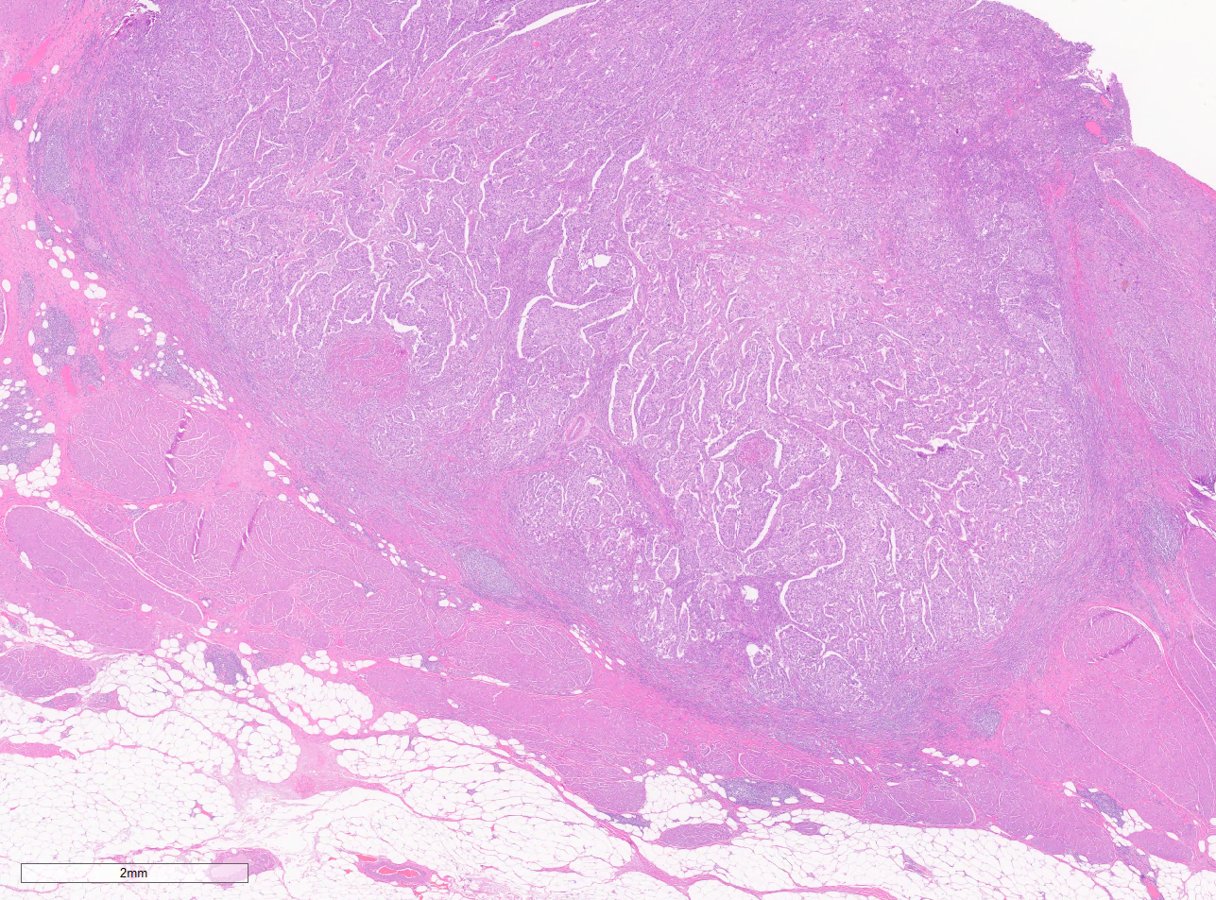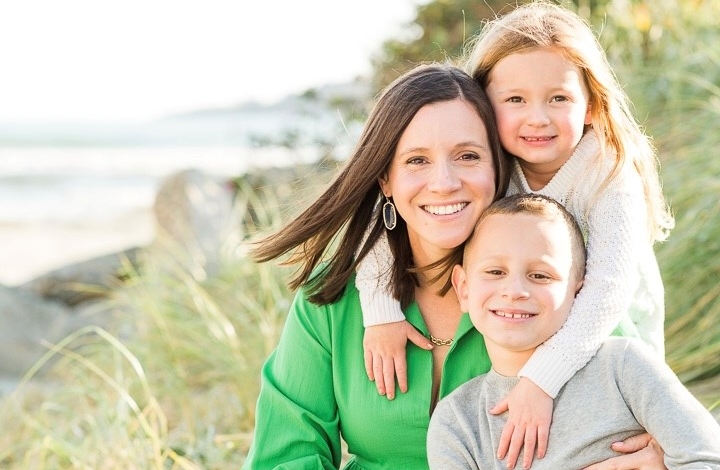- Diseases
- Acoustic Neuroma (16)
- Adrenal Gland Tumor (24)
- Anal Cancer (70)
- Anemia (2)
- Appendix Cancer (18)
- Bile Duct Cancer (26)
- Bladder Cancer (74)
- Brain Metastases (28)
- Brain Tumor (234)
- Breast Cancer (728)
- Breast Implant-Associated Anaplastic Large Cell Lymphoma (2)
- Cancer of Unknown Primary (4)
- Carcinoid Tumor (8)
- Cervical Cancer (164)
- Colon Cancer (168)
- Colorectal Cancer (118)
- Endocrine Tumor (4)
- Esophageal Cancer (44)
- Eye Cancer (36)
- Fallopian Tube Cancer (8)
- Germ Cell Tumor (4)
- Gestational Trophoblastic Disease (2)
- Head and Neck Cancer (14)
- Kidney Cancer (130)
- Leukemia (342)
- Liver Cancer (50)
- Lung Cancer (286)
- Lymphoma (278)
- Mesothelioma (14)
- Metastasis (30)
- Multiple Myeloma (100)
- Myelodysplastic Syndrome (60)
- Myeloproliferative Neoplasm (6)
- Neuroendocrine Tumors (16)
- Oral Cancer (102)
- Ovarian Cancer (178)
- Pancreatic Cancer (162)
- Parathyroid Disease (2)
- Penile Cancer (14)
- Pituitary Tumor (6)
- Prostate Cancer (150)
- Rectal Cancer (58)
- Renal Medullary Carcinoma (6)
- Salivary Gland Cancer (14)
- Sarcoma (238)
- Skin Cancer (302)
- Skull Base Tumors (56)
- Spinal Tumor (12)
- Stomach Cancer (66)
- Testicular Cancer (28)
- Throat Cancer (92)
- Thymoma (6)
- Thyroid Cancer (100)
- Tonsil Cancer (30)
- Uterine Cancer (86)
- Vaginal Cancer (18)
- Vulvar Cancer (22)
- Cancer Topic
- Adolescent and Young Adult Cancer Issues (22)
- Advance Care Planning (12)
- Biostatistics (2)
- Blood Donation (18)
- Bone Health (8)
- COVID-19 (360)
- Cancer Recurrence (120)
- Childhood Cancer Issues (120)
- Clinical Trials (628)
- Complementary Integrative Medicine (22)
- Cytogenetics (2)
- DNA Methylation (4)
- Diagnosis (240)
- Epigenetics (6)
- Fertility (62)
- Follow-up Guidelines (2)
- Health Disparities (14)
- Hereditary Cancer Syndromes (128)
- Immunology (18)
- Li-Fraumeni Syndrome (8)
- Mental Health (122)
- Molecular Diagnostics (8)
- Pain Management (62)
- Palliative Care (8)
- Pathology (10)
- Physical Therapy (18)
- Pregnancy (18)
- Prevention (940)
- Research (390)
- Second Opinion (78)
- Sexuality (16)
- Side Effects (616)
- Sleep Disorders (10)
- Stem Cell Transplantation Cellular Therapy (216)
- Support (408)
- Survivorship (330)
- Symptoms (182)
- Treatment (1794)
Through bladder cancer treatment, a daughter stands with her dad
BY Julie Penne
3 minute read | Published April 18, 2017
Medically Reviewed | Last reviewed by an MD Anderson Cancer Center medical professional on April 18, 2017
When Maja Latham’s father was diagnosed with an aggressive form of bladder cancer, she got aggressive, too.
As the “researcher” in her immediate family, Maja had never even heard of bladder cancer until her then 59-year-old father, Andre Stenzel, was diagnosed in 2013. It was only after hours of reading and exploring websites that she learned how many people are impacted by the disease.
According to the National Cancer Institute, almost 77,000 patients in the United States were diagnosed with bladder cancer last year. That’s almost 5% of all new cancer cases in the nation.
“I was just blown away by how many people are affected by bladder cancer and how complicated it is,” Maja says. “It’s often known as an older person’s disease but it’s up to the younger generation – the daughters, sons and grandchildren of patients – to speak up about it and raise awareness.”
Choosing MD Anderson for bladder cancer treatment
As she researched bladder cancer, treatment options and physicians, it became clear to Maja and her brother that their father needed to get to MD Anderson for a second opinion and expert care.
Andre was cared for by a multidisciplinary team in the Genitourinary Center including surgeon Ashish Kamat, M.D., and medical oncologist Arlene Siefker-Radtke, M.D. For Maja and her family, they were the ideal fit to care for their beloved father, a mechanical engineer with a passion for knowledge, fishing and spending time with his grandchildren.
“I just stepped in, as an advocate for both my father and mother, who were pretty overwhelmed,” says the former CPA turned entrepreneur. “Because we are such a close family, I was very much in tune with what they would want, but I also gave them their space to make decisions and process the information. They needed me to be an advocate, an extra ear at appointments and a shoulder to lean on.”
Andre is now in remission, following a radical cystectomy with a neobladder (a type of urinary diversion) and three rounds of chemotherapy. He’s looking forward to a future full of the activities and people he enjoys most.
A new perspective on life
In retrospect, Maja says her family has much for which to be thankful. As a concerned daughter and advocate watching her father come through the cancer experience, she has a new perspective on life.
“My dad’s cancer experience taught me to never give up or lose hope, always value life and to find the light that shines in everything,” she says. “My family and I are private people, but after going through a turbulent time with our MD Anderson team at our side, we want to help others see their way through. We want patients and families impacted by bladder cancer to know they can make it, though it’s not easy.”
Since Andre’s cancer experience, Maja and her family have broadened their advocacy efforts to patients and families throughout the Houston area. Maja is chairing the April 23 Amp Up! Walk/Run for Bladder Cancer and the Stenzels are among about 150 participants raising funds for research. MD Anderson is a sponsor of the two-mile walk/run and family-friendly event.
“Seeing how Andre and his family, led by Maja, have transitioned from patient to survivor mode and how they have taken on such an active role in advocacy for bladder cancer is inspirational,” Dr. Kamat says.
Request an appointment at MD Anderson online or by calling 1-877-632-6789.
Related Cancerwise Stories

My dad’s experience taught me to never give up or lose hope, always value life and to find the light that shines in everything.
Maja Latham
Caregiver





